Cold and Fever: 6 Warning Signs You Must Know
November 23, 2023
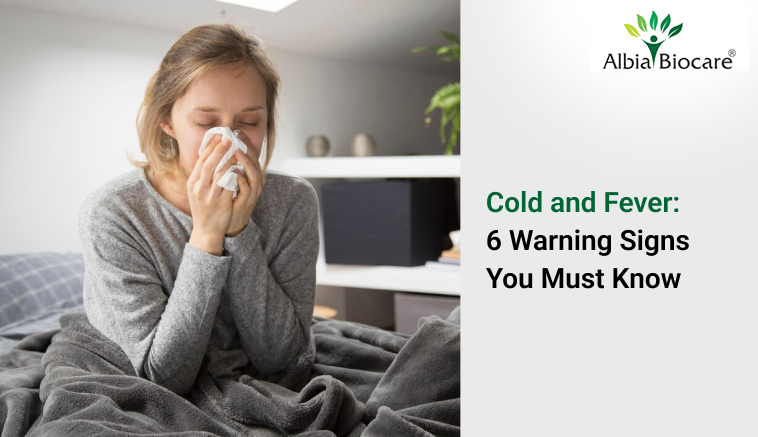
Table of Contents
Did you know that rhinovirus is the most common type of virus that causes the common cold?
Generally a cold virus enters the body through the mouth, eyes or nose, when someone who is sick coughs, sneezes, or talks. The virus spreads through the droplets in the air. It can also spread when there is hand-to-hand contact with someone who has a cold or when you share objects with the virus on them. These objects could be clothes towels, toys, etc.
Most of the time cold symptoms go away on their own within two or three days. Some of the symptoms that are common with colds are sneezing, sore throat and runny nose. Adults do not always get a fever with a cold. Children are more prone to get fever.
To understand preventive measures regarding the common cold, let us learn all the 6 major and most common symptoms.
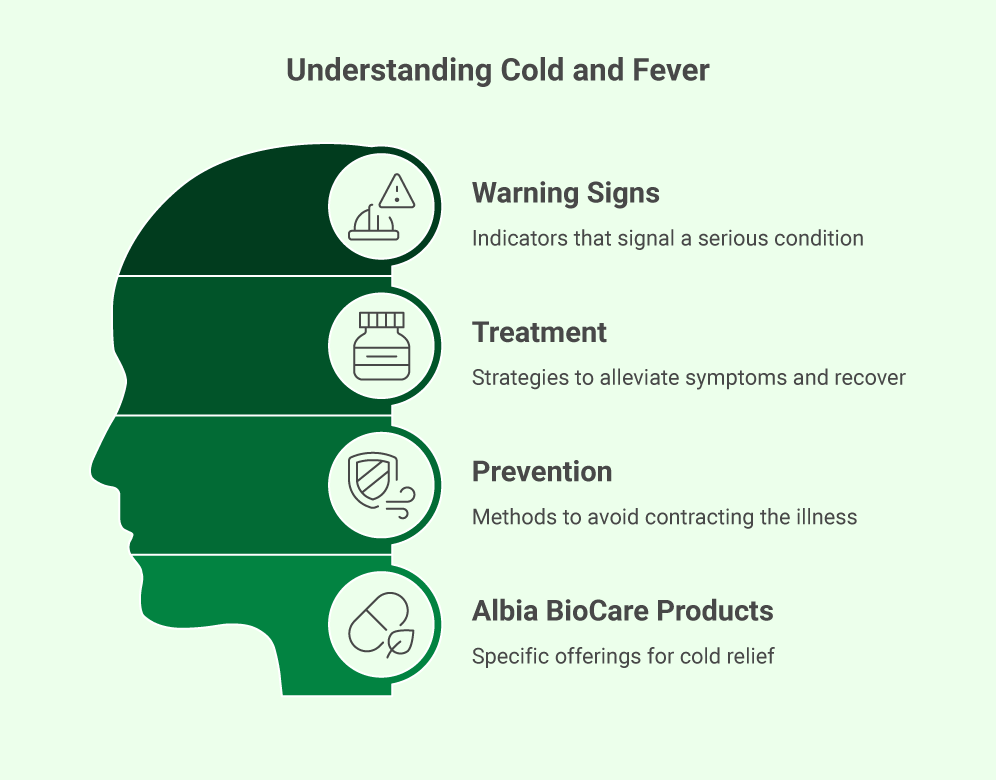
Major Warning Signs
Fever and cold symptoms usually start about 2 or 3 days after you come in contact with the virus. Sometimes it could also take up to one week. The most common cold symptoms are:
- Nasal congestion– This is the first symptom that people usually get when they get cold. It can be easily cured with a nasal drop or steam vapour.
- Runny nose– This is another common sign that usually accompanies nasal congestion in many. Drinking plenty of fluids and using a vaporizer helps.
- Scratchy throat– A sore or scratchy throat is the most uncomfortable symptom that comes with the common cold. Herbal tea and gargling are the two helpful remedies for sore throat.
- Sneezing– This happens when the cold virus attacks the nasal cells. When there is frequent sneezing it is due to allergies. Sneezing is an early symptom of a cold virus. One must always cover their mouth while sneezing to stop spreading the virus.
- Cough– Cold-related coughs may stay for two to eight weeks. The cough should be treated properly so that it does not cause any serious complications. In most cases over-the-counter cough medicines work just fine.
- Fever– Adults and older children in most cases with colds have a low fever or no fever. If there are cold fever symptoms that last more than three days, you must consult with a doctor without delay.
Cold symptoms may also include headaches, decreased appetite and muscle aches. It is important to notice if the symptoms are getting better or worse. Certain symptoms such as fever above 101.03 degrees that lasts for more than three days and intense throat pain or shortness of breath need immediate medical attention.
In some cases, people may also experience ear pain and wheezing.
How To Treat Cold Symptoms?
Some of the home remedies work wonders for cold symptoms treatment such as staying hydrated and drinking a lot of fluids, sipping herbal teas or soups, using salt water gargles and saline nasal drops.
Apart from these and when home remedies do not work, you can always take over-the-counter medications for fever, cold and cough. Some of these medicines are:
- Decongestants for nasal congestion.
- Antihistamine tablets for runny nose and sneezing.
- Pain relievers for muscle aches and headaches.
Preventive Measures
Some of the best ways to prevent cold symptoms are:
- Avoid close contact with anyone who has cold symptoms.
- Eat a healthy diet with lots of fruits.
- Never sneeze or cough without covering your mouth.
- Always wash hands with soapy water for at least 20 seconds.
- avoid touching the face, especially when you are outside.
Albia Biocare Pharma Products for Cold Treatments
At Albia Biocare we have an entire anti-cough and cold range of medicines. From tablet form to syrups, our products are known for best quality and effectiveness.
If you are looking for a PCD Pharma franchise opportunity, get in touch with us for details.







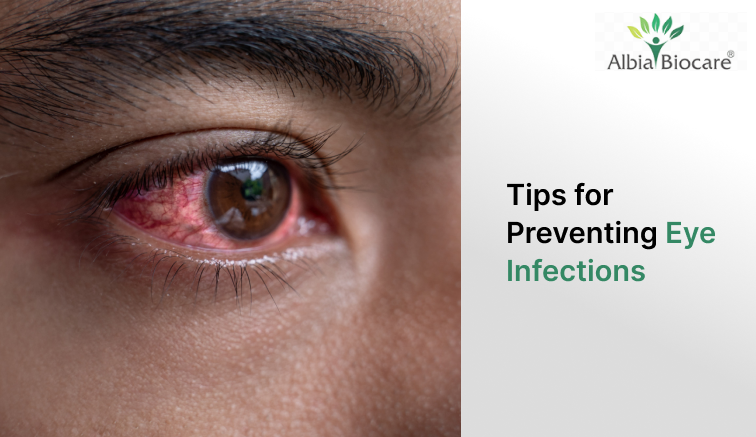

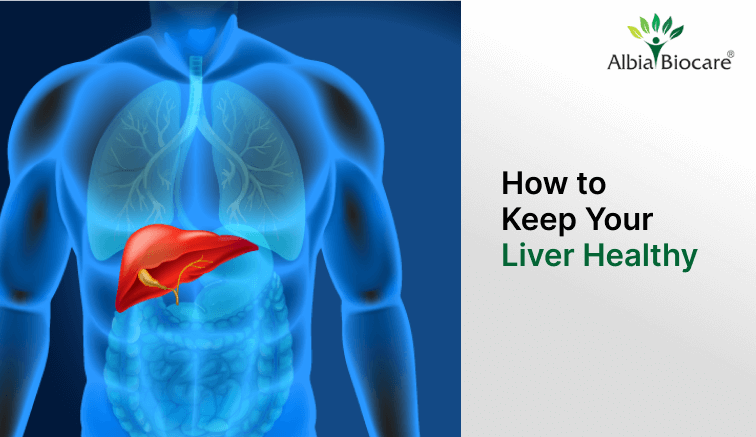
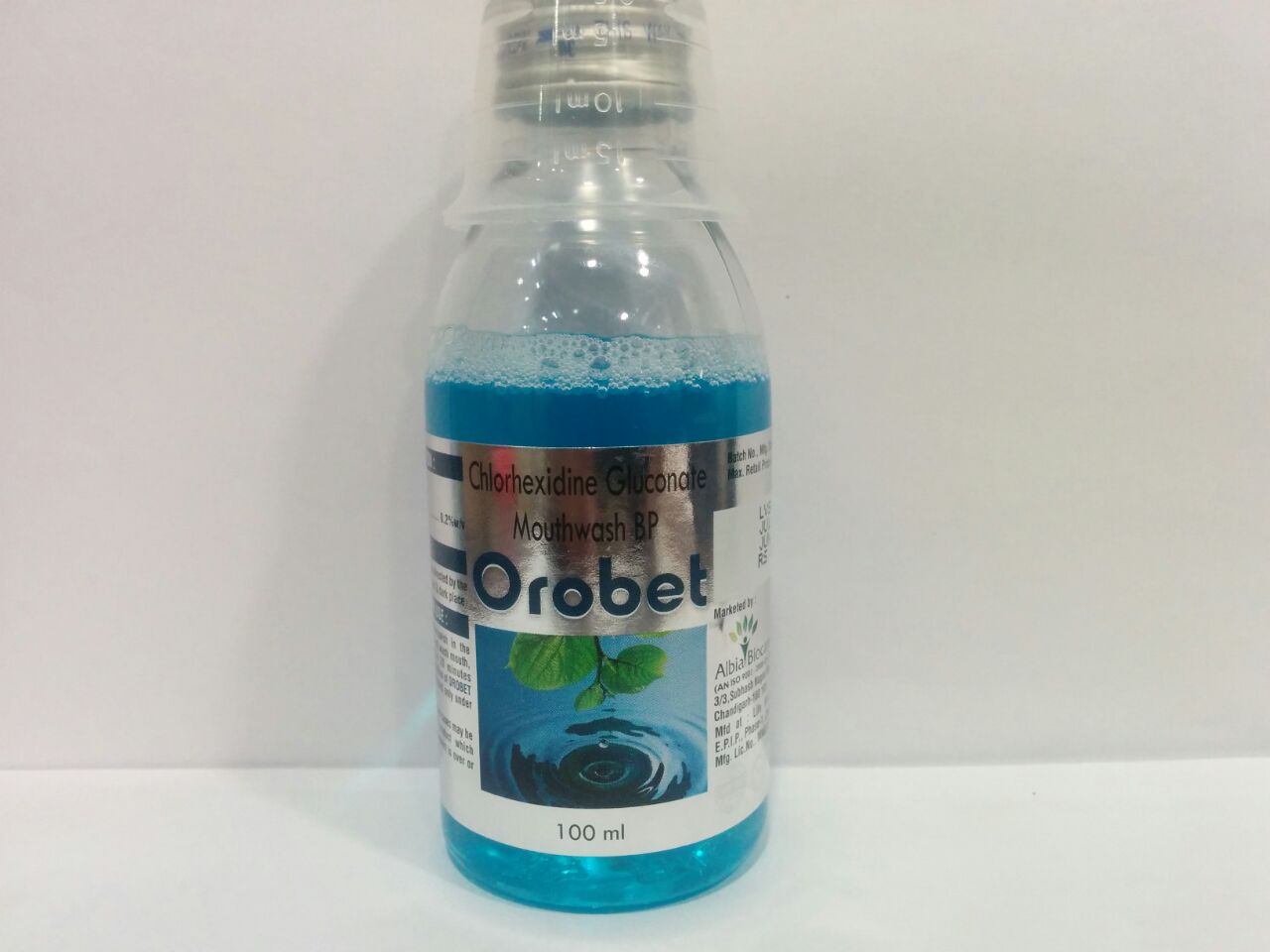
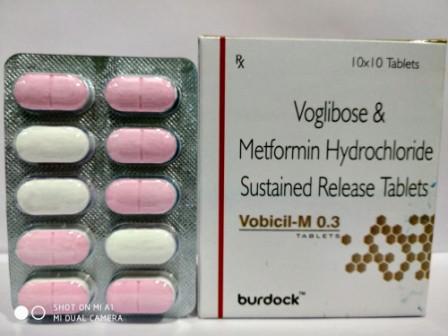
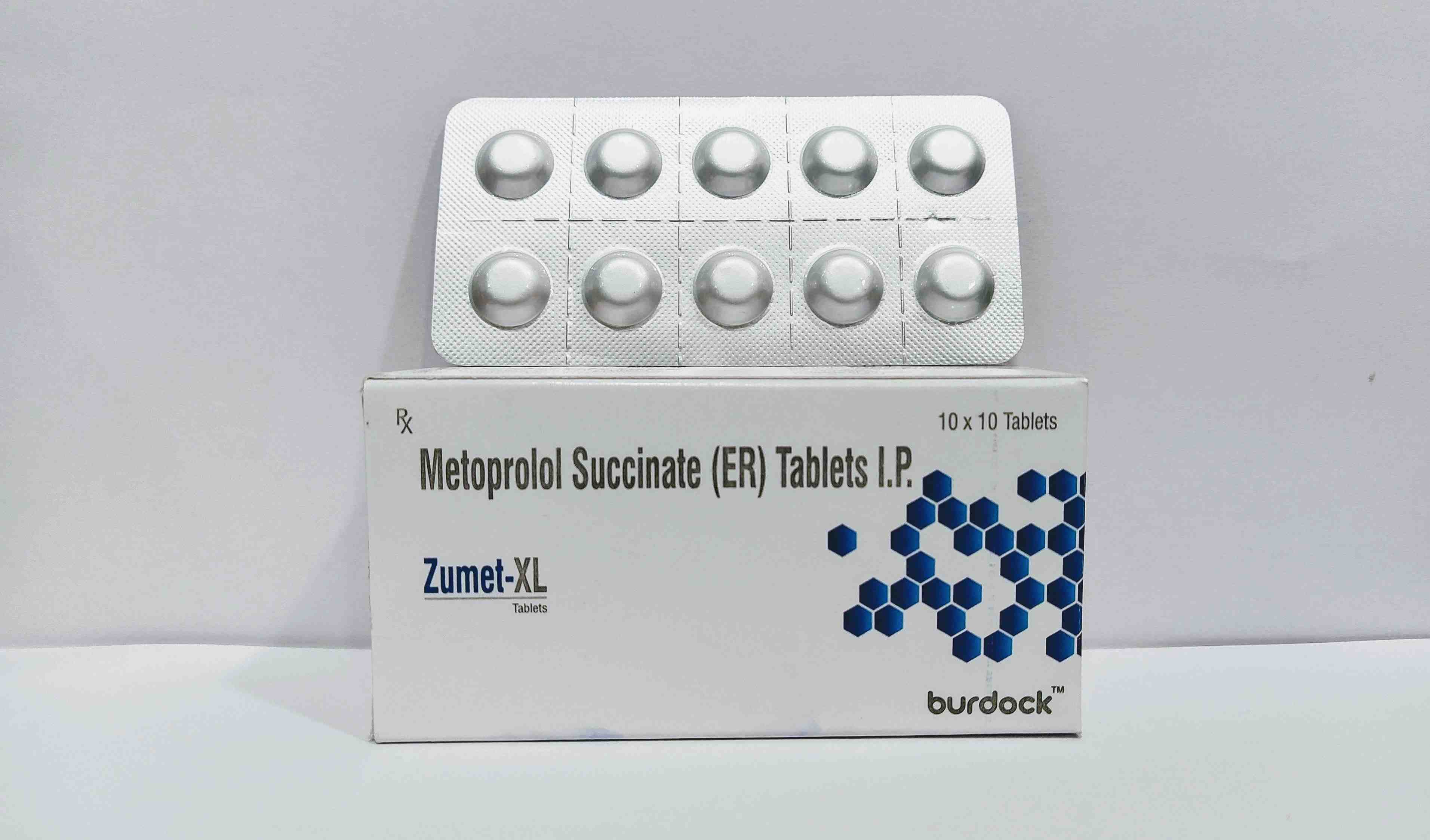


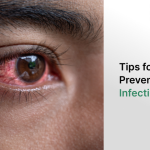

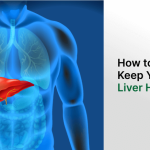
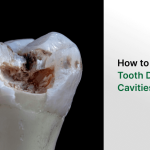






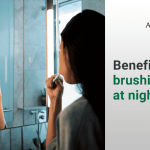





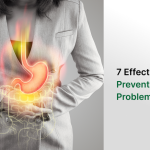



Leave a Reply